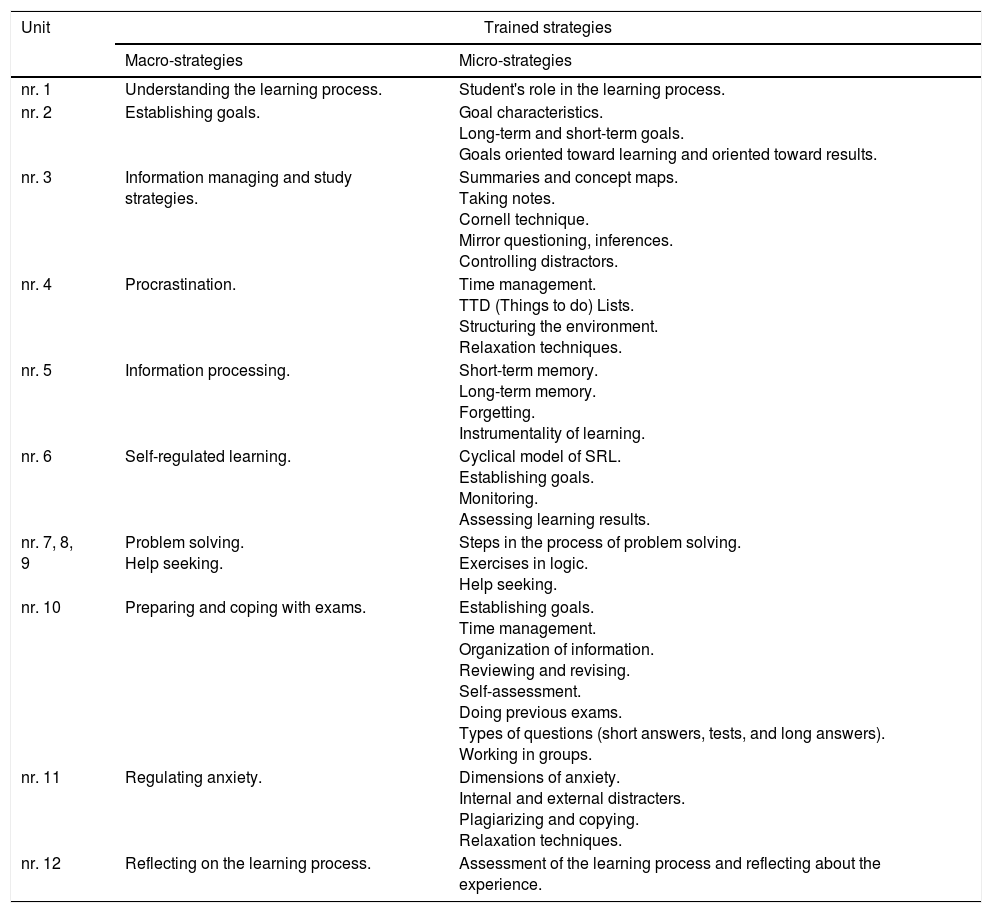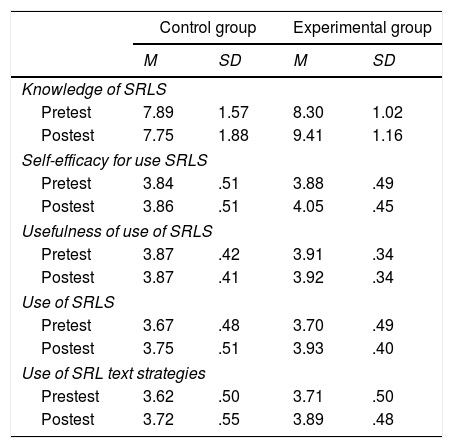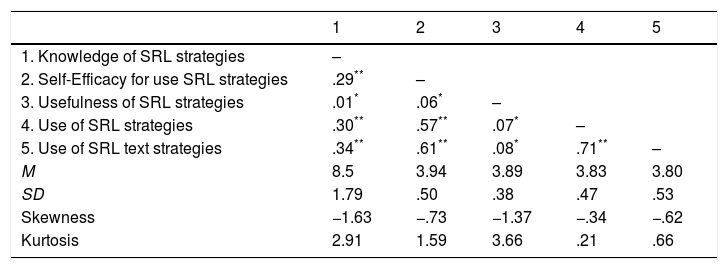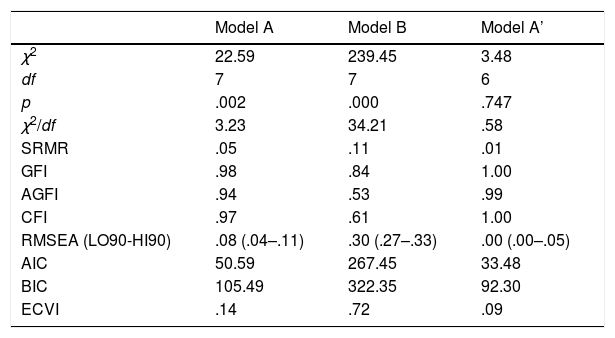Interventions designed to improve academic self-regulation must consider the importance of motivational variables and the relationship between them to improve the self-regulatory strategies use. The main aim of this study is to analyze how training in self-regulated learning strategies is related to improvements in knowledge of those strategies, self-efficacy in using those strategies, their perceived usefulness, and their effective use in academic learning tasks. In addition to direct effects, we explore how those multiple determinants interact directly and indirectly with each other. We used a quasi-experimental pretest–posttest design with a control group (n=206) and an experimental group (n=167), of university students. Control group students followed their usual instructional processes. Students from the experimental group received training in self-regulated learning in addition to their usual instruction. The intervention produced a statistically significant improvement in knowledge of self-regulated learning strategies, which was associated with a significant improvement in self-efficacy in using those strategies. However, increases in knowledge and perceived competence in use were not associated with an improvement in perceived usefulness of the strategies. There were no previous studies that have examined the mediating role played by both student self-efficacy and perceived value for strategy use. Significant implications for teaching and intervention planning were extracted. Competent behavior largely depends on acquiring knowledge and skills, but knowing, training, and be motivated is not enough in self-regulating learning.
Las intervenciones diseñadas para mejorar la autorregulación académica deben considerar la importancia de las variables motivacionales, y la relación entre ellas, para mejorar el uso de estrategias de autorregulación del aprendizaje. El objetivo fundamental del estudio se ha centrado en analizar cómo el entrenamiento en estrategias de autorregulación del aprendizaje está relacionado con el incremento en el conocimiento de estas estrategias, con la autoeficacia percibida para su uso, la utilidad percibida de las mismas y el uso efectivo de estas estrategias en las tareas de aprendizaje. Para ello, se ha utilizado un diseño cuasi-experimental pretest-postest, con un grupo control (n=206) y un grupo experimental (n=167) de estudiantes universitarios. Los estudiantes del grupo experimental han recibido, además de participar en la instrucción habitual como el grupo control, un entrenamiento extra en el uso de estrategias de autorregulación del aprendizaje. La intervención ha favorecido una mejora estadísticamente significativa del conocimiento de estrategias de autorregulación del aprendizaje, asociada a una mejora significativa en la percepción de autoeficacia para el uso de esas estrategias. Sin embargo, el incremento en conocimiento de estrategias de autorregulación del aprendizaje y de la competencia percibida para ponerlas en práctica no ha favorecido una mejora en la utilidad percibida del uso de las mismas. No hay estudios previos que hayan examinado el papel mediador desempeñado por la autoeficacia del estudiante y la utilidad percibida en el uso de las estrategias, por lo que se han extraído implicaciones significativas para la enseñanza y la planificación de la intervención. El comportamiento competente depende, en gran medida, de la adquisición de conocimientos y habilidades, pero el conocimiento, la capacitación y la motivación no son suficientes en el aprendizaje autorregulado.













